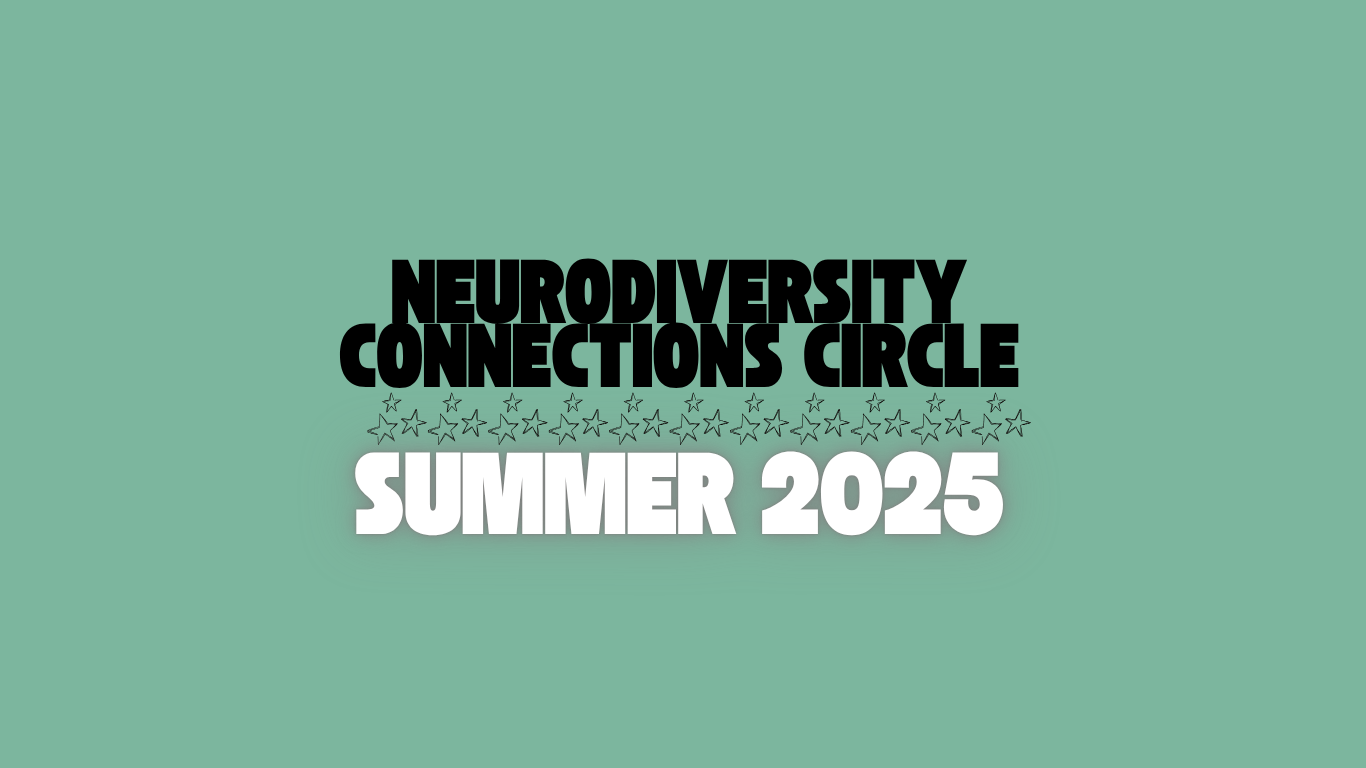
Who:
Neurodivergent adults age 21+, especially high- masking Autistic and/or ADHD folks looking for validation, support, and community with people with similar lived experiences
What:
Group therapy! It may sound scary or awkward, but it actually is super cool and fun!
This group is a hybrid process/support group with goals of exploring:
How neurodivergence shapes identity
The challenges and relief of unmasking
Navigating a neurotypical world while honoring ND ways of being
Increasing self-awareness, self-acceptance, and self-advocacy
This isn’t a structured skills group — it’s a space for conversation, reflection, and authenticity. That said, the hope is that you’ll still learn plenty along the way.
When:
Starting Tuesday June 17th, 2025 with an 8 week commitment.
Where:
7:00-8:15 PM (in-person in Marietta) at Powers Ferry Psychological Associates
Why:
So many reasons!!! Many folks with Autism and ADHD struggle with finding supportive spaces to build relationships with others and understand themselves more. This group will be a place where you can feel seen, understood, and empowered without feeling pressure to change or conform.
How:
This group will be available to folks on a first come, first serve basis and is expected to fill up quickly!
Those who are interested are required to attend a Group introductory session. We will use this time to discuss what to expect, your needs/wants from group, and make sure it’s a good fit before you officially sign up.
FAQs
How much does it cost?
Group is priced at 75 dollars per each 75 minute session. This brings the total price to all 8 groups to 600 dollars. If all 8 groups are paid before the start of group (June 17), The total due is 520 dollars. Additionally, the Group Introductory session is also 150 dollars. Some insurance companies will pay for group therapy, so you may want to check to see your benefits!
How many people will attend group?
Group will be limited to 8 people. This is so that everyone has a chance to share their experiences, and so that the group isn’t so big that it feels overwhelming. I also want to allow in as many folks as possible. 8 feels like the sweet spot.
What if I am too nervous to speak in group?
That’s fine with me. I firmly believe that there are more ways to benefit from group than verbal participation, so if you are more comfortable sitting back and taking in what everyone else is saying, that’s totally cool.
This is the most common hesitancy I hear from folks when considering group therapy. I can’t lie and say that getting a group of neurodivergent strangers in the room for the first time isn’t awkward sometimes, but once everyone pushes through the cringe and is able to open up, the connections are powerful! It usually takes less time for the awkwardness to pass than people expect.
What actually happens in a group session?
It depends!
We usually start with everyone sharing a high and low from the week. From there, it usually becomes a more open discussion to whatever feels most relevant to folks. Conversations can sometimes be more casual, but usually find their way to what folks are struggling with and feel like they need support with.
Do I need to have an official diagnosis?
Nope! Different folks have different access to assessment and resources, and folks who have no formal diagnosis will be welcome to this group! No matter what, we'll explore this and how this group aligns with your goals in your Introductory Session.
Do I need to attend every session?
It’s highly encouraged, and the expectation upon registering is that you will attend all eight scheduled sessions. Life happens and things come up, so you won’t get in “trouble” for missing. The benefit of attending all sessions is that it deepens the relationships that you are able to build with the other people within group.
You might be a good fit for this group if:
You identify as neurodivergent (diagnosed or self-identified) and want a space where that identity is understood and affirmed
You want to further reflect about how neurodivergence impacts your identity, relationships, and daily life
You’re navigating masking, burnout, or late-diagnosis reflections
You’re open to hearing different neurodivergent experiences and perspectives — even if they don’t all match yours
You’re looking for a space that supports authenticity over performance
You’re hoping for a space to be “fixed” rather than to reflect, connect, and explore
You’re currently experiencing intense crisis or regular high support needs that require more individual or specialized care
You’re seeking a highly structured curriculum or homework-based group
you’re looking for a group that teaching straight forward social or executive functioning skills
In this group, skills are sometimes discussed, but not usually the main topic




